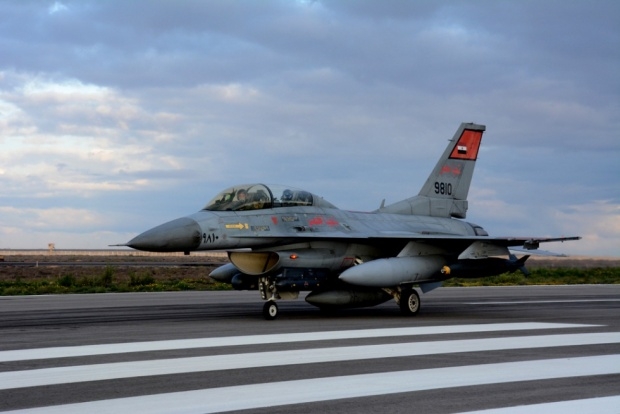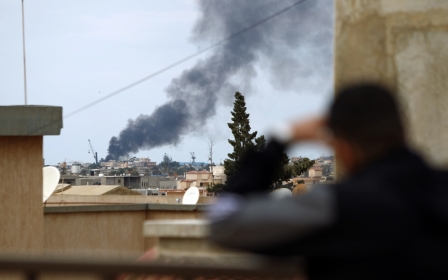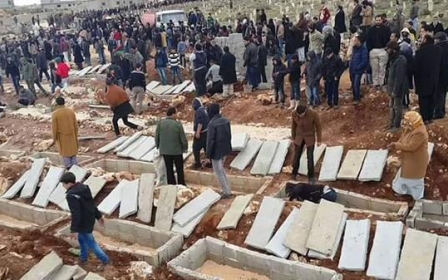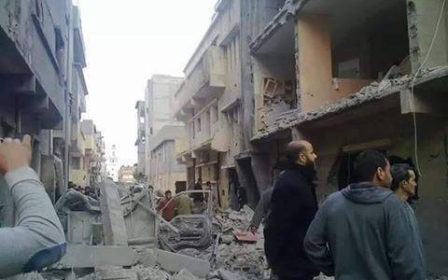Amnesty condemns Egypt over Libya airstrikes

On Monday, rights group Amnesty International criticised Egypt over recent airstrikes on Libya, saying its air force failed to take the necessary precautions in the raids which also killed seven civilians in a residential neighbourhood of Derna.
"Egypt has now joined the ranks of those placing civilians at risk in Libya. The killing of seven civilians, six of them in their own homes, must be investigated, as it appears to have been disproportionate," Hassiba Hadj Sahraoui, Amnesty's Middle East and North Africa deputy director, said in a statement.
Egypt launched the strikes on 16 February following the beheadings of 21 Egyptian Coptic Christians in the Libyan city of Sirte by militants affiliated with the Islamic State group.
Egypt said the strikes were carefully planned. The Islamic State’s branch in Libya retaliated, killing at last 40 people in a string of suicide bombings in eastern Libya on Friday.
Amnesty said that during the airstrikes, two missiles were fired into a heavily populated residential area called Sheiha al-Gharbiya near Derna's university.
One killed a mother and her three children aged between three and eight, and wounded their father and another child, it said.
A second missile that hit a street killed three more civilians.
Amnesty said it has found no evidence of any military target in the area, and the strike came without any prior warning to civilians.
Libya's air force chief Saqr al-Jaroushi told Egyptian television hours after the raids that at least 50 people were killed when Egyptian and Libyan warplanes struck IS targets.
In a televised address on Sunday, Egyptian President Abdel Fattah al-Sisi said the Egyptian airstrikes chose IS targets "carefully".
"No one should think we attacked civilians."
Amnesty said Cairo should have taken the precaution to "avoid or at least minimise civilian casualties".
Middle East Eye propose une couverture et une analyse indépendantes et incomparables du Moyen-Orient, de l’Afrique du Nord et d’autres régions du monde. Pour en savoir plus sur la reprise de ce contenu et les frais qui s’appliquent, veuillez remplir ce formulaire [en anglais]. Pour en savoir plus sur MEE, cliquez ici [en anglais].




